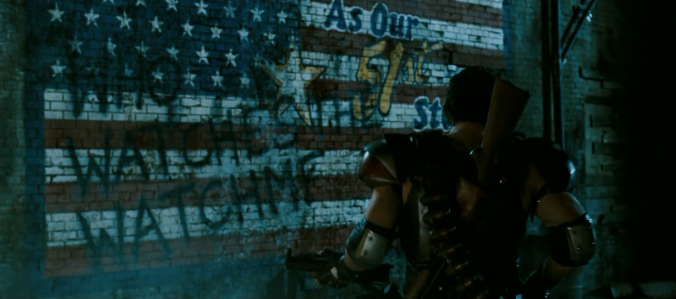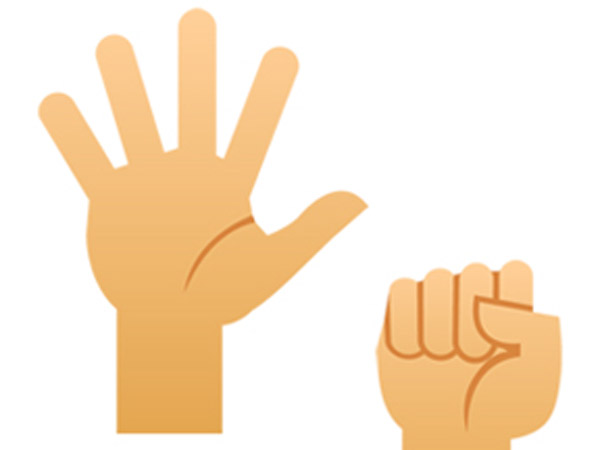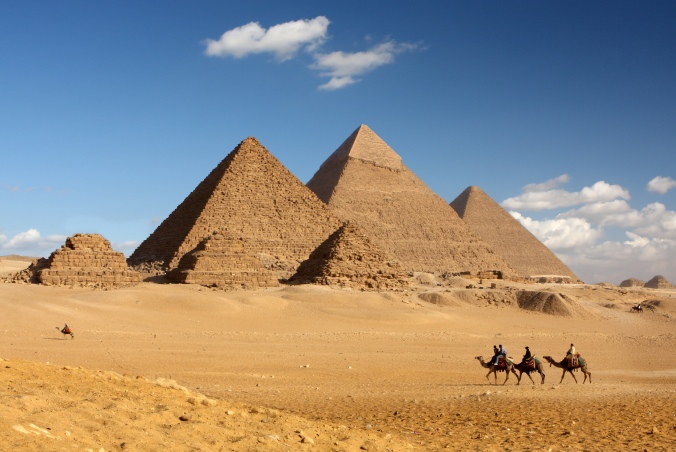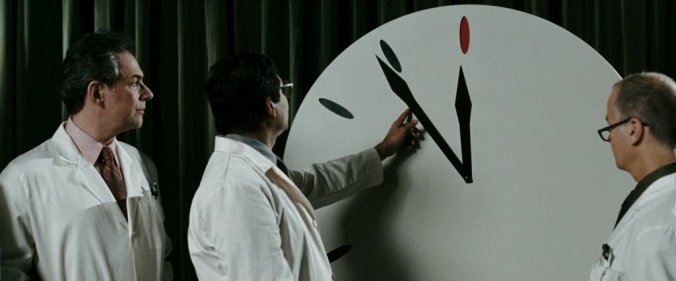{t-18}
Blessings unto you, dear reader, at this time of blessing.
I graduated today.
Before I was like
FEAR__here________________________LOVE
and now I’m like
FEAR___________________here_______LOVE
It’s incredible how transformative it is to be just a little bit further along the love train. Everything is better when done in an open-hearted state of loving and goodness. Everyone I interacted with today was happy. They say the one common factor in all your crappy relationships is you. Same holds in reverse.
I had a great time with my parents. They were overbubbling with joy at having a graduating son – two of my brothers have rabbinical ordination, but I’m the only one with a Bachelor of Arts. The novelty probably appealed to Mummy and Tatty. And hey – there’s a certain deliciousness to playing the goyische game and winning.
Mum was busy running the household afterwards, but I went to dinner with Tatty. Atonement with the Father is going GREAT.

I’ve had an extremely strained relationship with my parents all my remembered life. At the age of seven, things got so bad that I ran away to live with my grandparents. I would spend years at a time living with Grandpa and Grandma, return to my folks’ place for a few years until things got bad again, and repeat.
At some point I mentally excised the part of my mind that dealt with them. In the location on my inner hard drive where I might keep the empathy files for my parents was just a huge [NO FILE FOUND].
Recently, I’ve been reconnecting those synapses, and reconnecting with my parents. It’s been great. Tatty particularly is a fantastic listener – a friend of his once complimented me by comparing my listening style to my father’s. I had been bringing my A-game, so it really put my dad’s skills in perspective.
Now that I’ve taken again to Judaism, Tatty and I have a lot to talk about. He’s been super-into his Torah study since he retired, spending several hours a day, every day, in the beis medrash.
He asked me tonight what I would change about the education system if I could change one thing. I explained Bear’s secure/insecure-dominant/submissive system, and told him that I’d teach the teachers how to be secure-dominant with an open heart.
Heh. Teach the teachers.

Things have returned to their mythical clarity. I pray this change endures.
Next stop: apotheosis!


